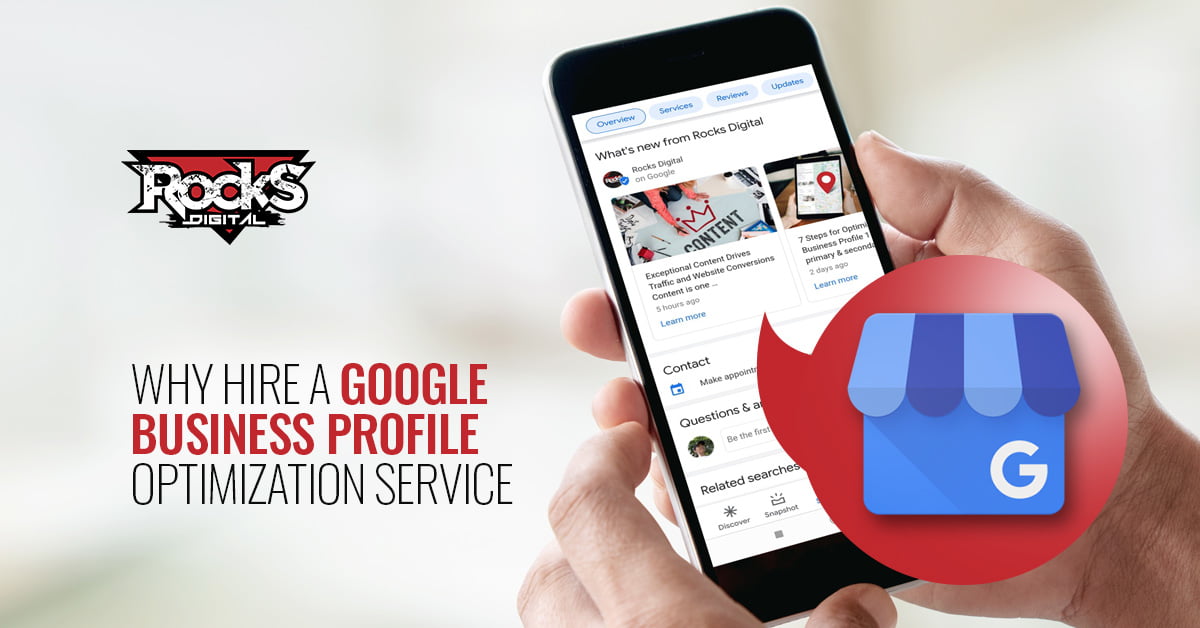
Every business today is striving to create a marketing strategy, and a social media marketing strategy is part of that. 66% of marketers are enjoying enhanced lead generation benefits using social media. However, this seems to be a daunting task, especially for new business owners who are creating a plan for the first time. While there are different types of marketing including email, mobile, direct and digital, it can be difficult to determine which one is right for your business.
To simplify the process while getting the best out of your hard work, it is recommended to start with one type as you assess its success, before moving on to the next or adding another method. This is crucial to bear in mind, especially when you are working on a limited budget.
Social Media Marketing – First Choose the Right Platform(s)
Social media marketing is proving to be one of the most potentially successful types of marketing that businesses are adopting due to its higher rate of return. This article’s goal is to bring to you every detail needed to choose the right social media platform for your business.
Selecting the right platform is the first thing you should do when creating a social media marketing strategy. You, therefore, need to look deeper and understand each of the available social media marketing platforms such as Facebook, Twitter, YouTube, Pinterest, and Instagram. The choices you make depend on your brand and your social marketing goals.
We have delved deeper into several factors to consider, for you to decide which one has the greatest potential for reaching your ideal audience, and to broadcast the kind of media you believe is best for your business. Remember, no single business can be perfect on all the platforms, as it takes a lot of resources to do so. That is why you need to select a few and work hard to be the best in them.
Social Media Marketing Platform Selection in 5 Easy Steps
To determine which channels are best to build your online presence, use the following steps as a guide.
1. You must know what your social media strategy objectives are.
It is crucial to link your social media channels to your strategy objectives. You should, therefore, be able to explain how a particular channel will help you achieve your set goals and objectives. Otherwise, you should not adopt the channel. After all, the main purpose of adopting a specific social media channel is to support the achievements of your strategic goals and objectives. When setting your business goals and objectives, you also need to be informed of the various social media marketing trends so that your goals remain in line with what your industry is facing.
Some of the major objectives of many businesses include:
- Increasing brand awareness: In this case, well-established platforms with a large following are recommended. You may also decide to use paid promotions on such platforms to raise awareness and extend your reach. A good example for this case is Facebook’s advertising platform, which has a great reputation in enhancing awareness and generating impressive returns on investment.
- Enhancing lead generation: If this is your business objective, LinkedIn would be the ideal social media channel, because it is renowned as the king of social media lead generation. You may also consider such platforms as Facebook and Twitter as they are also quite effective, with a lower cost per click.
2. Determine the channels being used by your target audience.
Upon alignment of your business goals with your social media channel selection, the next thing should be finding out where your target audience is interacting online the most. Take for instance your business’s Snapchat account with barely 100 60-year old women; this could be a waste of time and resources if you are counting on it as your social media marketing platform. The same case is trying to pitch your social media marketing on Pinterest if you are targeting only men.
It is therefore essential that you take social media demographics into account when choosing the right social media platform to undertake your marketing. With the right demographics, you will be sure of targeting the right people at the right time.
To be more effective, you need to use social listing tools such as Sprout Social to analyze your followers to determine their gender, age, and location. This way, you will be able to determine the right social channel worth maintaining. This is where you bring in influencer marketing using renowned and trusted influencers to promote your brand on the channel perceived to be the best.
As much as social media marketing trends are important to consider when choosing your social media channel, you always need to make your decisions based on demographic data.
3. Research and determine the social media channels being used by your competitors.
It is equally important to consider what social media channels your competitors are using as part of finding the accounts your target audience is interacting on. This is considered a smart move to determine your industry activity so that you can determine what you should be doing.
On the same note, check out the type of content they post, how regularly they do so, and how many likes or shares they get from the posts. It is important to know your competitors’ activeness on social media, as well as how they interact with their customers to get insights on what you need to do to better than their offer, and eventually beat them at their own game.
Using such social media listening tools as Buzzsumo, for instance, will enable you to determine which brands in your industry have the most extensive reach and influence on social media. From there you will be able to analyze their content regarding social shares and likes, content format and length, that helps them to effectively engage with their customers. The same listening tools will help you to determine the brands in your industry that have the largest reach and influence on particular channels.
Brandwatch Analytics is quite effective in monitoring competitor social media output across various channels like Facebook and Twitter, so that you can easily track any mentions of them on the internet. There are many social media listening tools for you to choose from. Before making the decision on which one to use, make sure you have thoroughly researched each of them and fully understand every option in front of you.
4. What kind of content do you want to create?
You should keep this in mind when choosing your social media platform: Choose the right content format to complement your business goals and brand identity. Some content formats are more suited to specific social channels than others, so you need to understand this very well. Toward this end you should determine:
- If you want to share industry updates, white papers or company news: This requires you to use content formats adopted by professional platforms. LinkedIn and SlideShare, as well as Twitter, offer the best options for content aimed at engaging with a fellow professional in the industry. Here, only industry-specific content is shared.
- If you want to share video content: If you want to share video content, you need to consider its size and the demographic it is intended for. In case you are targeting younger prospects, Instagram, Snapshot, Vine or Periscope would be ideal. However, for long video content that has a universal appeal, Facebook, Youtube, and Twitter would be ideal to generate more engagement.
- If you want to share image-based content: This is critical, especially when you have an engaging product to sell. While Instagram is ideal for building an inspirational visual brand story, Tumblr is better in sharing image-based content suited to a younger demographic, and Pinterest is considered the best when you have an engaging product to sell. Research indicates that 93% of Pinterest users leverage the platform to plan purchases, hence the reason why it could be ideal when sharing image-based content.
- If you want to share editorial content: In case you want to establish yourself as a trusted brand, publishing articles on the LinkedIn platform could have your brand exposed to more than 300 million people. Another popular publishing platform is Medium, with over 95% of readers being college graduates, of whom 43% earn six-figures and more.
From the above information, you realize that it is very easy to make your choice on the right social medial marketing channel, if only you identify the content formats you want to use.
5. How many social media channels can you manage?
91% of retail brands use 2 or more social media channels. While many people think using one social media channel won’t be sufficient, striking a balance between several channels can be tricky. With many social media channels, it means you will have to spread yourself thin, thus negatively impacting the results. On the other hand, too few channels will mean your brand visibility will suffer.
To be more effective in whatever number of channels you intend to use, social media scheduling tools like Buffer will help you to schedule posting in advance, thus saving you time and maximizing your resources. With such tools it is simple to cross-post the same content across different social channels such as Facebook, Twitter, LinkedIn, and Google+ among others. Buffer also allows you to add images to your content so that it gets more views, because content with relevant views is attracting 94% more views than content without relevant images.
This kind of automation will thus help you to incorporate more channels into your social media marketing strategy. However, marketing pundits recommend that you start small with fewer social media channels while you gain momentum and experience to later incorporate more.
Take the Path to Brand Awareness with Social Media Marketing
Choosing the right platform for social media marketing depends on some factors explained above. However, for you to stay at the top of your industry, you need to rise to the occasion, learn the various social media marketing trends, and adopt the best strategies that will boost brand awareness to your target audience.
Still feel “the more the merrier” when it comes to using social media platforms? Share your thoughts on the selection process in the comment section below!
Stevan McGrath
Stevan McGrath is a marketing professional and a freelance writer. His specialties include digital marketing, SEO, and social media. Need a specialist writer to write on these? You just found the right person.


















